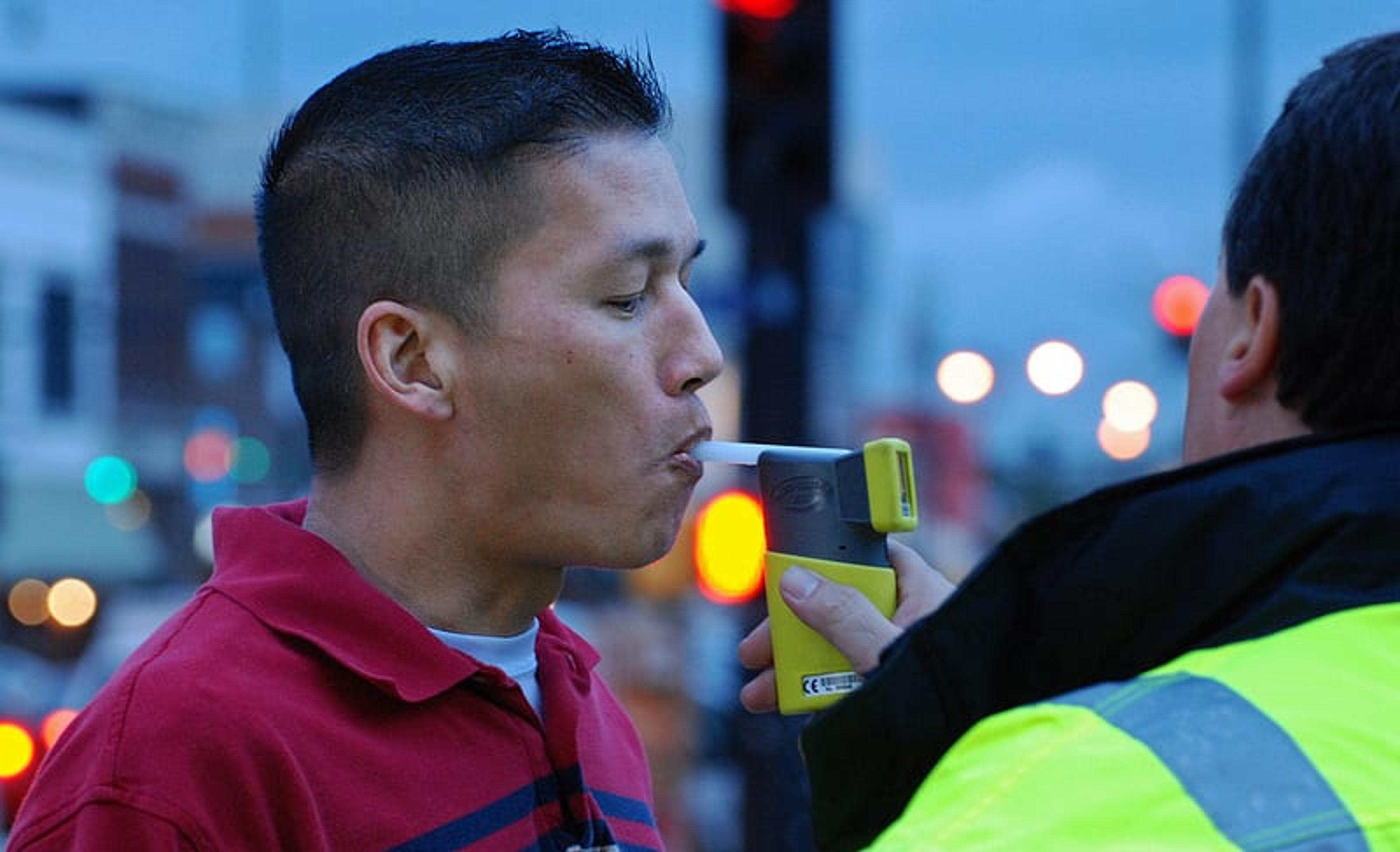When it comes to alcoholism, knowledge is power
Guest Blogger
| 4 min read

This is the second part of a series exploring alcoholism in Michigan written by Carly Keyes, a recovering alcoholic who is on a mission to improve awareness about the disease and ensure others find the help they need. Read her first post here.
I can’t stand the phrase, “Ignorance is bliss.” I never want to stop learning and sharing what I discover, especially when it comes to health topics. In fact, for over a year now I’ve written a bi-weekly column for the Michigan Daily on various health and fitness topics.
But when I was an active alcoholic, I never wanted to learn about the damage my hazardous binge drinking was doing to my body. I was so distraught by the external wreckage my disease was causing me–a chipped front tooth, a cigar burn on my wrist and copious cuts and bruises from nights I blacked out–that the internal damage fell low on my list of concerns.
In the first treatment center I attended, my primary therapist assigned a bunch of homework, including reading the classic book “Under the Influence: A Guide to the Myths and Realities of Alcoholism.”
As I made my way through the chapters, I realized just how ignorant I had been and got a huge dose of reality. It was the first time I fully understood what was happening on the inside of my body when I drank.
The National Institute on Alcohol Abuse and Alcoholism (NIAAA) defines a standard drink as 12 ounces of regular beer (about 5% alcohol), 5 ounces of wine (about 12% alcohol), and 1.5 ounces of distilled spirits (about 40% alcohol). Binge drinking is defined as drinking so much that within two hours your blood alcohol content levels reach 0.08g/dL. For women, this usually occurs after four drinks, and for men, after about five.
A rough idea of how much alcohol I was consciously consuming in one sitting towards the end of my drinking career: an 18-pack of regular beer or three bottles of wine or a fifth of liquor, by myself, every day. What’s even worse? The alcohol I consumed unconsciously makes those totals even more terrifying. I once woke up after blacking out at a party and a friend told me that he saw me running around the hotel room finishing leftover drinks at the end of the night–something I had absolutely no memory of doing.
Though I fought to preserve my ignorance, I later learned that I was experiencing alcohol poisoning on a consistent basis. According to the NIAAA, that includes mental confusion, stupor, coma or inability to wake up, vomiting, seizures, slow breathing (fewer than 7 breaths per minute), irregular breathing (10 seconds of more between breaths) and hypothermia (low body temperature, bluish skin color and paleness).
I never thought that at 22 years old I would be poisoning my body with alcohol and that I’d need to end my drinking once and for all just to survive. But that’s the nature of alcoholism; it’s a progressive disease.
If all of this makes you wonder about your drinking habits, here are a few signs and symptoms that it’s time to ask for help:
– You drink alone
– You need a drink in the morning to stop your hands from shaking
– You “bookend” (you drink before and after you go to social events)
– You’re constantly worried about when and where your next drink is coming from
– You drink to the point of losing consciousness (blacking out)
– You make promises about your drinking that you can’t keep
– You try to control your drinking and find that you can’t
– You can’t stop drinking despite serious negative consequences
The NIAAA also offersashort survey to gauge the nature of your current relationship with alcohol. You can’t take the next step if you don’t learn everything you can. Remember: Ignorance is not at all bliss.
If you or someone you know suffers from alcoholism, reach out to Recovery.org or a local chapter of Alcoholics Anonoymous. Help is also available by calling 1-888-939-3612.
About Carly: Carly Keyes is originally from Bloomfield Hills, Michigan and currently studies at the University of Michigan in Ann Arbor where she has a double concentration in Screen Arts & Cultures and Psychology and a minor in Writing. Carly is a filmmaker, a singer-songwriter, and a film journalist and health and fitness columnist for the Michigan Daily newspaper. Find her on Facebook at facebook.com/carlykeyes, follow her on twitter @CarlyKeyes, and discover her talents and learn more about her journey at www.carlykeyes.com.
Photo credit: KOMUNews





